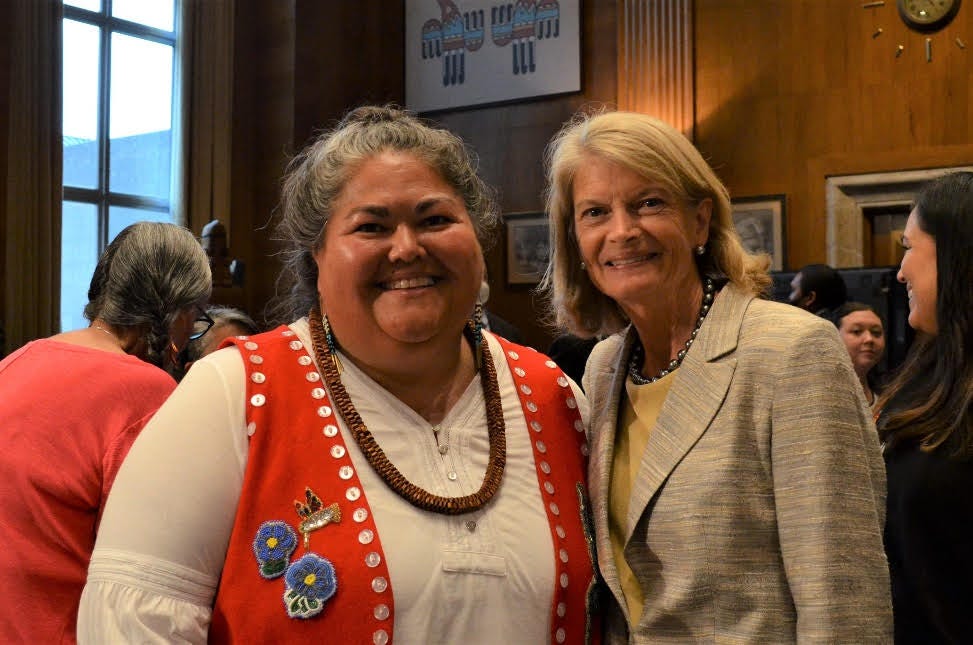Wise politics? Native education gets renewed focus from Biden admin in midterm election year
Topic is seen by administration insiders as apolitical, but Trump-backed GOPers are set on politicizing.

Keep reading with a 7-day free trial
Subscribe to Indigenous Wire to keep reading this post and get 7 days of free access to the full post archives.

